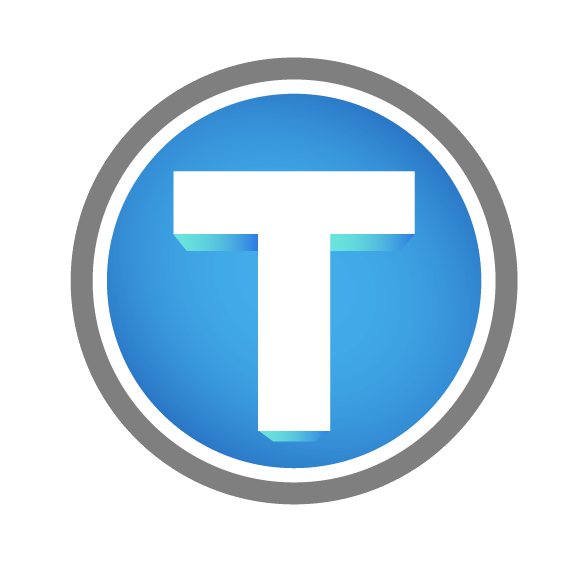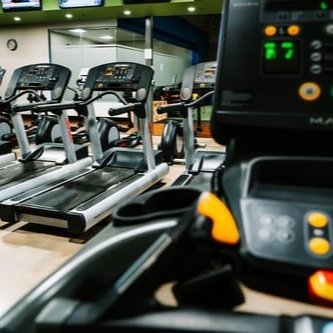Exploring the Most Used Pieces of Physical Therapy Equipment
More people now choose physical therapy as a treatment option for various conditions. Trained physical therapists evaluate the overall patient condition and naturally treat restricted or abnormal physical function emerging from a disability, injury, or health condition. A physical therapy clinic needs to have the right and the best equipment to alleviate pain, rehabilitate injuries, improve movement, prevent sports injuries, and enhance performance.
The best physical therapists use state-of-the-art modern equipment and the latest technology to treat their patients. Innovative devices increase the effectiveness of the therapy and improve efficiency. Here are some of the most used equipment you will find in a physical therapy clinic:
Treadmill
Treadmills are invaluable for a physical therapist. It is excellent for controlling weight, maintaining cardiovascular condition, rehabilitating minor injuries, and preventing the risk of re-injury. Alter G, or Anti-Gravity Treadmills, allow patients suffering from different conditions to attain high mobility levels, improve their physical fitness, enhance motion range, and better overall strength and endurance. The Alter G treadmill uses unweighting technology to reduce the patient's body weight up to 80% to help them exercise safely and comfortably and recover quickly. A physical therapist uses Alter G to treat conditions like foot pain, lower back pain, fractures, osteoarthritis, rheumatoid arthritis, osteoporosis, obesity, Achilles tendinitis, and recovery from knee, hip surgery, or replacement.
Robotic exoskeletons
Rewalk is a popular wearable robotic exoskeleton that helps people suffering spinal cord injuries or lower extremity paralysis to walk and stand upright. The world-class walking system integrates a computer-based control system, motion sensors, and wearable brace support, allowing user-initiated mobility. The rewalk is customizable to fit any individual and provides a good walking speed. It offers patients physical and psychological independence and mobility. Re-walk is also designed for all-day use, even outside the clinic, at home.
Exercise bikes
Exercise bikes are an excellent fitness tool for building strength and staying healthy. Several physical therapists use FES (Functional Electrical Stimulation) bikes that use electric currents to stimulate peripheral nerves and cause muscle contractions to create a cycling pattern. It is best for stroke, cerebral palsy, brain injury, or spinal cord injury. FES bikes improve local circulation, maintain flexibility, increase bone density, improve active range of movement, better cardiovascular fitness, reduce muscle spasms, and reverse muscle atrophy.
Blood flow restriction therapy
Blood flow restriction therapy or BFRT is an innovative method to develop muscle strength by applying external pressure by a compression device. Place it on the injured arm or leg to cut down the blood flow to the limb. Limited blood flow to the muscles helps a person work them without placing excessive weight on the limbs. By using it, patients can gain more strength even by lifting lighter loads. It has become a standard treatment option in various physical therapy clinics.
Overhead track and harness
Overhead track systems and harnesses are an effective tool to treat patients who suffer from walking, balance, or neurological disorders. Such patients have a considerable risk of falling, and this system helps them exercise and have a better experience while working on their range of motion and mobility. An overhead track and harness system also reduces liability risks of the facility and offers patients safe treatment.
These are a few of the equipment found in most physical therapy clinics that aid in speedy patient recovery. Don't hesitate to contact a physical therapist for the best recovery and health.
If you are looking for occupational or physical therapy, vestibular rehab, wheelchair training, learning to walk, unweighting aquatic therapy, or other services in the Phoenix area, please call Touchstone Rehabilitation at 602-277-1073.

